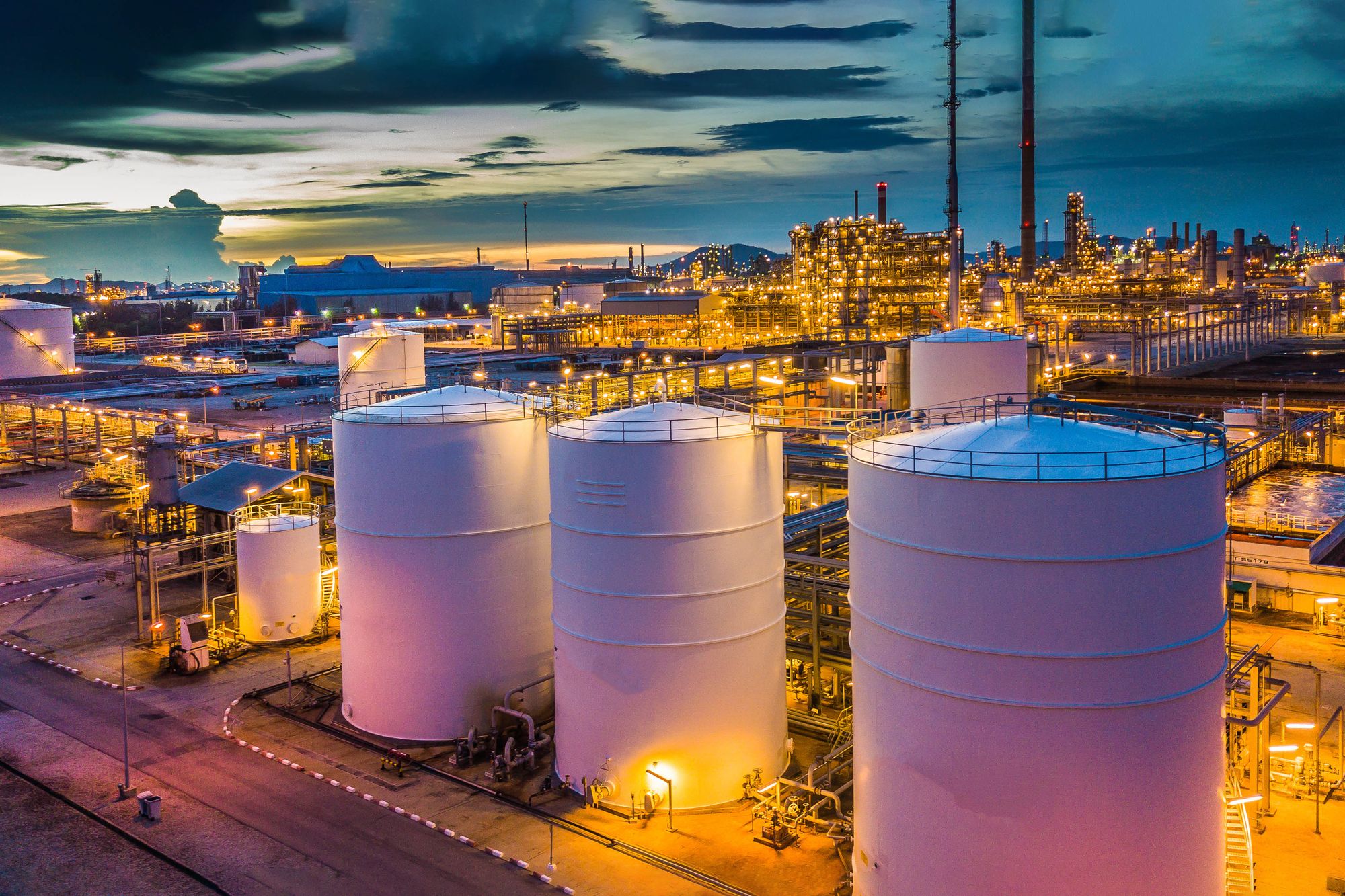Sustainable Future for the Oil and Gas Industry

Given the rising oil price of above $105 per barrel due to Russia-Ukraine tension and China’s COVID lockdown, there has be controversial debates about sustainability and oil and gas usage[1]. With the rising tension with climate change, the oil and gas industry is facing a major transformation. Traditional oil and gas companies are now considering themselves energy companies and are focusing on sustainability and digitalization.
According to a survey by SAP and Oxford Economics, energy and utilities executive have made sustainability-related changes to their operations[2]. 79% say sustainability issues are a major concern at all stages of the manufacturing process and 47% have committed to a net-zero carbon goal[3]. Some factors that are promoting sustainability in oil and gas include government regulations, incentives, and subsidies, diversification and changing cost structures, digitalization, and changing customer, investor, and employee expectations.
Firstly, government intervention such as European Commission’s European Green Deal and the United Nations’ Paris Agreement has challenged the oil and gas companies to reduce carbon dioxide emissions and promote a sustainable future[4][5]. There are various incentives like carbon taxes and subsidies offered by governments to reduce pollution in our world. The governments are also giving out alternative initiatives like tax credits for using a solar panels, electric cars, and more sustainable energy.
Secondly, oil and gas companies are diversifying and changing cost structures to satisfy greater customer needs and expand their revenue. Oil and gas companies are adding more renewable energy initiatives like electrical charging stations, biofuels, and hydrogen. For example, Shell has set a goal to earn 50% of its revenue from non-fuels by 2025[6]. It is also planning to ramp up the ‘power-as-a-service’ business model, which reflects the growing trend of new business models[7].
Thirdly, improving technology is a chance for creating more opportunities for innovative and sustainable business models. According to World Economic Forum, digitalization allows the oil and gas industry to reconstruct its boundaries[8]. The outbreak of COVID-19 has accelerated this process. For example, companies learn how to respond to major issues and huge fluctuations in demand and supply during a pandemic.
Lastly, consumers’ expectations play a huge role in the oil and gas industry. Consumers who care about the environment want the companies to maintain sustainable practices and use renewable energy. Investors also want the companies to be more sustainable. For example,Harvard University plans to end all investments in fossil fuels and stop funding events that cause global warming[9].
Overall, as oil and gas industries are transitioning towards more sustainable practices, many factors have to be taken into consideration. Although it is hard ad complicates the operations, companies have been trying to become more sustainable with the help of government, internal structures, and decision-makers. This provides valuable insight into the sustainable future for the gas and oil industry.
References
[1] Person, and Stephanie Kelly. “Oil Tops $105/Bbl after Russia Attacks Ukraine.” Reuters, Thomson Reuters, 24 Feb. 2022, https://www.reuters.com/business/energy/oil-rises-us-says-russian-attack-ukraine-may-occur-soon-2022-02-24/.
[2] Guest, SAP. “SAP Brandvoice: How the Oil and Gas Industry Is Building a Sustainable Future.” Forbes, Forbes Magazine, 21 Apr. 2022, https://www.forbes.com/sites/sap/2021/10/23/how-the-oil-and-gas-industry-is-building-a-sustainable-future/?sh=579877e72cef.
[3]“Sustainability Challenges in the Oil & Gas Industry.” Precognize, 15 Nov. 2021, https://www.precog.co/blog/sustainability-challenges-oil-gas/.
[4]“A European Green Deal.” European Commission - European Commission, 23 May 2022, https://ec.europa.eu/info/strategy/priorities-2019-2024/european-green-deal_en.
[5] Unfccc.int, https://unfccc.int/process-and-meetings/the-paris-agreement/the-paris-agreement.
[6] “Shell Pursuing 50% Contribution from Non-Fuel Business by 2025.” Convenience Store News, 14 Dec. 2021, https://csnews.com/shell-pursuing-50-contribution-non-fuel-business-2025.
[7] Carpenter, Scott. “Shell Wants to Own the Gas Stations of the Future.” Forbes, Forbes Magazine, 4 May 2021, https://www.forbes.com/sites/scottcarpenter/2021/03/29/shell-plans-to-double-down-on-strengths-as-a-retailer-in-new-net-zero-world/?sh=34ecfbd87554.
[8] Spelman, Mark, et al. “Digital Transformation Initiative Oil and Gas Industry.” World Economic Forum, Jan. 2017.
[9] Anderson, Nick, and Michael Birnbaum. “Harvard, America's Richest University, Will Divest from Fossil Fuels.” The Washington Post, WP Company, 10 Sept. 2021, https://www.washingtonpost.com/education/2021/09/10/harvard-divest-fossil-fuels/.



